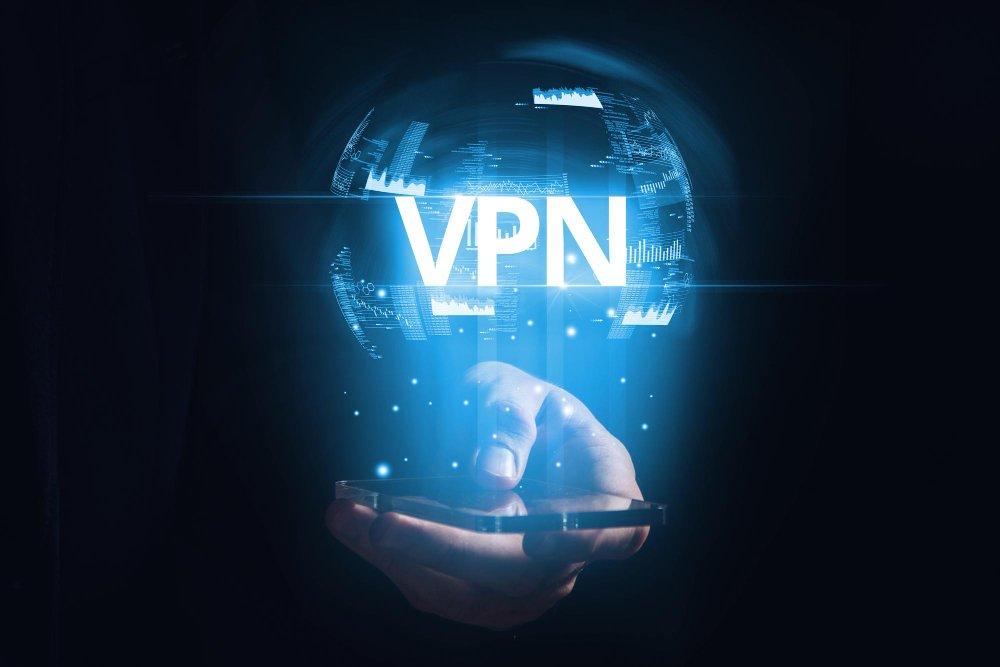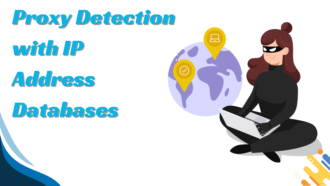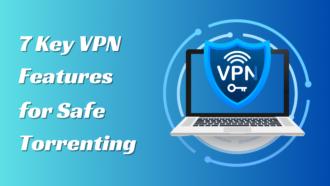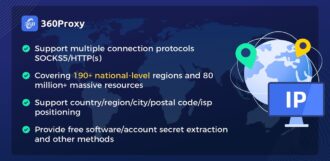Understanding VPNs: How They Work and Their Limitations
A Virtual Private Network (VPN) is a technology that creates a secure and encrypted connection over a less secure network, such as the Internet. The primary purpose of a VPN is to provide privacy and security to data while it traverses the web.
The Basics of VPN Functionality
When you connect to a VPN service, your data is encrypted before it leaves your device. This encrypted data then travels through your ISP to the VPN server, where it’s decrypted and sent to its final destination. The process also works in reverse, ensuring complete data security.
- Encryption: At the heart of VPN functionality is encryption. When you connect to the internet through a VPN, your data is encrypted before it leaves your device. This encryption process involves converting your data into a code that is unreadable without the corresponding decryption key. This ensures that even if your data is intercepted, it remains secure and private.
- Tunnelling Protocols: VPNs use tunnelling protocols to establish a secure and encrypted connection between your device and the VPN server. Popular tunnelling protocols include OpenVPN, L2TP/IPsec, and IKEv2/IPsec. These protocols determine the method of encapsulation and the level of security applied to your data as it travels through the virtual tunnel created by the VPN.
- VPN Servers: VPNs operate through a network of servers located in various geographical locations. When you connect to a VPN, your internet traffic is routed through one of these servers. This server acts as an intermediary between your device and the internet, masking your actual IP address and assigning you a temporary one associated with the server’s location.
- IP Address Masking: One of the primary functions of a VPN is to mask your IP address. Your IP address is a unique identifier that reveals your location and, in some cases, your identity. By using a VPN, your actual IP address is replaced with the IP address of the VPN server, adding an extra layer of anonymity and making it challenging for websites and online services to track your online activities.
- Secure Data Transmission: VPNs ensure that your data is transmitted securely over the internet. This is especially crucial when connecting to public Wi-Fi networks, where the risk of data interception is higher. By encrypting your data and routing it through a secure tunnel, VPNs protect your information from potential eavesdroppers and cyber threats.
- Remote Access and Site-to-Site Connectivity: VPNs serve a dual purpose by providing secure remote access for individual users and facilitating site-to-site connectivity for businesses. In the case of remote access, users can connect to a company’s network securely from any location. Site-to-site VPNs, on the other hand, establish secure connections between different physical locations of an organization, allowing seamless and secure data exchange.
- Logging Policies: VPN providers often have different logging policies that dictate how they handle user data. Some VPNs follow a strict no-logs policy, meaning they do not keep records of users’ online activities. Understanding the logging policies of a VPN provider is essential for users concerned about maintaining their privacy.
The Core Benefits of Using a VPN
VPNs offer several key advantages:
- Enhanced Security: The primary function of a VPN is to provide a secure and encrypted connection, safeguarding your data from potential cyber threats. By encrypting the data transmitted between your device and the internet, a VPN protects sensitive information from hackers, identity thieves, and other malicious entities. This is particularly crucial when connecting to public Wi-Fi networks, where the risk of data interception is higher.
- Privacy Protection: VPNs enable users to maintain a higher level of online privacy by masking their IP addresses. Instead of using your actual IP address, a VPN assigns you a different one, making it difficult for websites and online services to track your online activities. This safeguards your privacy and prevents advertisers, governments, or hackers from monitoring your online behaviour.
- Bypassing Geo-restrictions: One of the notable benefits of using a VPN is the ability to bypass geographical restrictions imposed on specific content. Many streaming services, websites, and online platforms limit access based on the user’s location. A VPN allows users to virtually appear in a different location, granting access to geo-restricted content and services.
- Secure Remote Access: For professionals and businesses, VPNs play a crucial role in providing secure remote access to corporate networks. Remote workers can connect to their company’s network through a VPN, ensuring that sensitive business data is transmitted securely. This is especially relevant in the era of remote work, where employees may access company resources from various locations.
- Protection Against ISP Tracking: Internet Service Providers (ISPs) can monitor and track users’ online activities. By using a VPN, users can encrypt their internet traffic, preventing ISPs from monitoring and logging their browsing habits. This not only enhances privacy but also prevents ISPs from selling user data to third parties.
- Safe Online Transactions: When conducting online transactions, such as banking or shopping, security is paramount. A VPN adds an extra layer of protection by encrypting the data exchanged during these transactions. This ensures that sensitive information like credit card details remains confidential and secure from potential cyber threats.
- Reduced Online Censorship: In regions where internet censorship is prevalent, a VPN serves as a valuable tool for accessing unrestricted information. By tunnelling through a secure connection, users can bypass censorship imposed by governments or organizations, gaining access to free and open internet.
Popular VPN Tools: AdGuard VPN and Rent VPN
- AdGuard VPN: Known for its robust security features and ability to block ads and trackers.
- FineVPN: A service that offers free VPN solutions.
What VPNs Do Not Do
Despite their numerous benefits, VPNs have limitations:
They Don’t Protect from All Cyber Threats
- VPNs do not protect against viruses or malware. Additional security software is necessary for comprehensive protection.
Limited Impact on Internet Speed
- VPNs can slow down your internet connection due to encryption and the distance to the VPN server.
No Guarantee of Complete Anonymity
- Some VPN providers may log user data, and sophisticated tracking techniques can still identify users.
Conclusion
VPNs are a valuable tool for enhancing online privacy and security. While they provide significant benefits like encryption and IP masking, they are not a one-stop solution for all internet security needs. Understanding the capabilities and limitations of VPNs, such as those offered by AdGuard VPN and other VPN services, reviews of which are available on the site VPN.rent, is essential for making informed decisions about your online privacy.
Comparison of VPN Benefits and Limitations
| Feature | Benefit | Limitation |
|---|---|---|
| Privacy | Hides IP, reduces tracking | Not immune to all tracking methods |
| Security | Encrypts data | It doesn’t block viruses/malware |
| Access | Bypasses geo-restrictions | Speed may be affected |
| Anonymity | It is harder to profile users | Not completely anonymous |
In conclusion, VPNs are a critical component of modern online security, but they should be used in conjunction with other security measures for maximum protection.

















